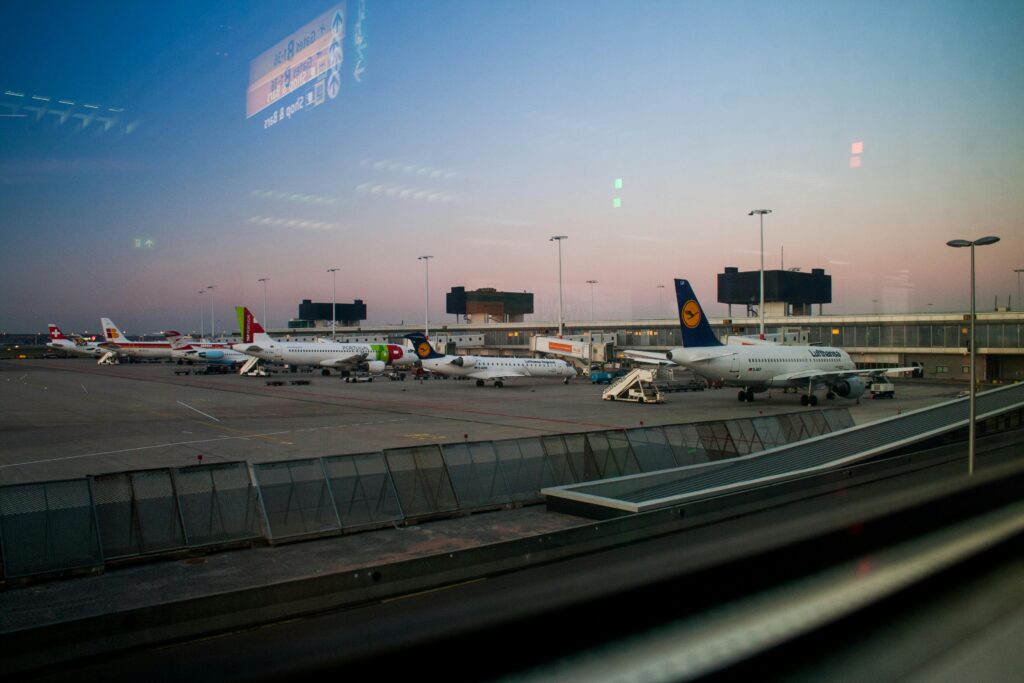Global aviation MRO is already under pressure from rising demand and depleted technicians. Yet an equally stubborn challenge is tightening its grip: cross-border licensing friction. In a market that should be defined by mobility, fragmented regulations, sluggish validation processes, and bureaucratic hurdles are grounding skilled engineers before they even reach the hangar floor.
According to a 2023 IATA study, licensing and mobility issues now account for up to 15% of MRO project delays in cross-regional operations. With workforce shortages already stretching resources, this drag on labour movement is no longer tolerable.
Certification Gridlock: Slowing Down the Skilled
Maintenance licenses remain a patchwork, not a passport. FAA, EASA, CASA, DGCA; engineers know the acronyms, and the headaches. Cross-qualification processes are cumbersome, costly, and slow. In some markets, full retraining or re-examination remains the default, even for seasoned talent.
The real-world impact: Technicians sit idle when they could be working, while projects slow and costs rise. According to Oliver Wyman’s 2023 Global Fleet and MRO Forecast, a “trapped” labour pool is increasingly distorting MRO capacity planning, especially in time-critical upgrade and modification programs.
Mobility Flashpoints: Where the Bottlenecks Are Hurting Most
- Europe: Brexit has created a lasting rupture in cross-border workforce movement. UK Licensed Aircraft Engineers (LAEs) must now meet separate EASA and UKCAA certification requirements, limiting their flexibility and slowing down project ramp-ups across Europe. The loss of automatic mutual recognition has fragmented what was once one of the most fluid labour pools in global aviation. Additionally, the broader movement of skilled labour between the UK and EU has been disrupted, with tighter visa regimes, more complex immigration procedures, and increased administrative friction for short-term and contract placements.
- Asia-Pacific: New hubs in Vietnam and India are growing fast, but without rapid cross-certification pipelines, experienced engineers remain difficult to source externally.
- Middle East: Big-ticket projects in the UAE and Saudi Arabia are battling delays not from lack of money—but from lack of credentialed labour that can clear borders in time.
Beyond Licenses: Background Checks and Airside Passes
Even once licenses are aligned, administrative bottlenecks remain. Background checks, security vetting, and issuance of airside passes can delay engineer onboarding by weeks or even months. Each airport, regulator, and employer often imposes its own vetting procedures, with little or no mutual recognition across jurisdictions.
According to a 2024 internal survey by a leading MRO association, onboarding times for airside-cleared personnel have increased by up to 40% since 2020, largely due to fragmented background verification systems.
For Technicians and MROs: A Strategic Pivot
For skilled technicians, dual-certification is no longer a nice-to-have—it’s a career multiplier. FAA/EASA dual holders are commanding premium rates. MROs too must evolve, building mobility assumptions into project timelines and investing earlier in workforce pre-clearance and licensing support.
Ignoring the problem isn’t an option. Delays erode margins. Grounded fleets erode trust.
Conclusion: Aviation’s Human Supply Chain Needs a Rethink
The ICAO has repeatedly called for greater harmonisation of maintenance organization approvals, recognising that fragmentation slows the industry’s ability to scale talent and operations. It’s a start, but it’s not enough.
The industry can’t afford for paperwork to outrun airspeed. Streamlining recognition pathways, advocating for bilateral agreements, and proactively managing certification friction will define the winners in the next phase of aviation growth.
Harmonisation shouldn’t stop at licensing. Standardising background checks, security vetting, airside pass requirements, and facilitating smoother visa and immigration processes across major jurisdictions would dramatically speed up engineer deployment and reduce administrative overhead. Another key lever is the harmonisation of training standards—ensuring that qualifications earned in one jurisdiction are rapidly recognised in another, without redundant retraining cycles.
A global approach to workforce validation is essential if aviation MRO is to meet its growth demands.
Airmen Technical Services is a specialist consultancy and brokerage of high calibre expertise in maintenance, repair, and modifications of fixed wing and rotary aircraft, utilising a global network of professional organisations and highly skilled freelance engineers.



